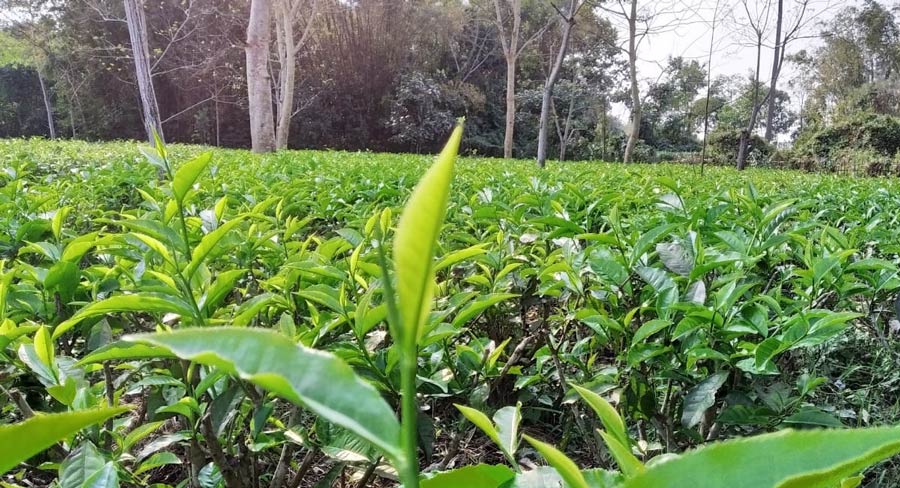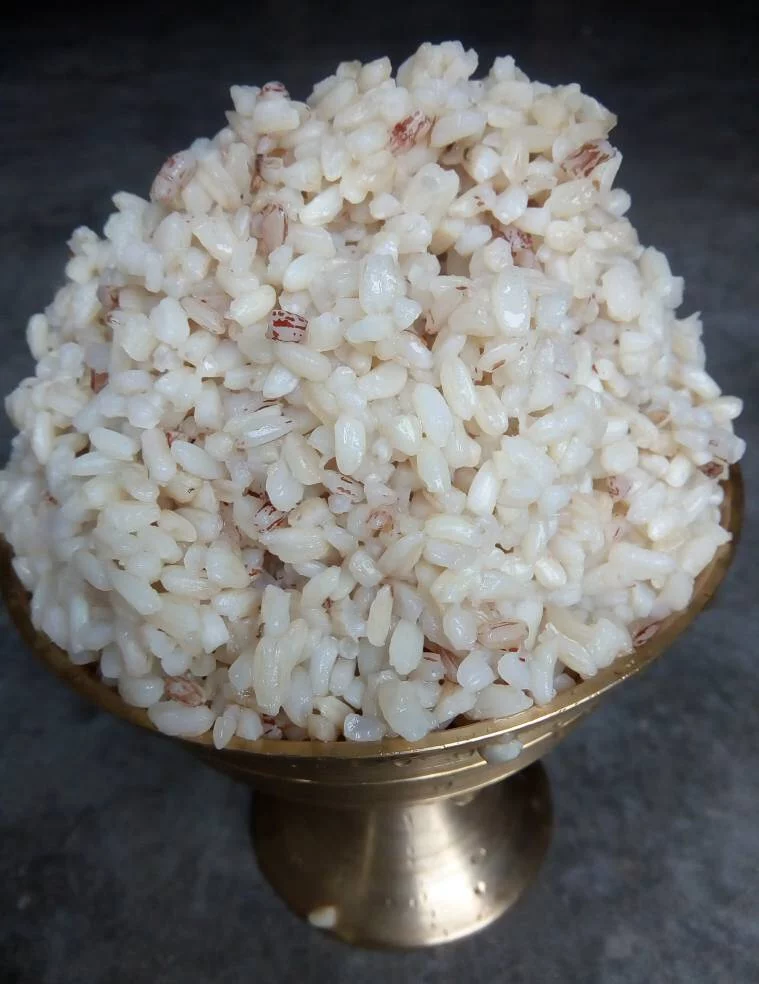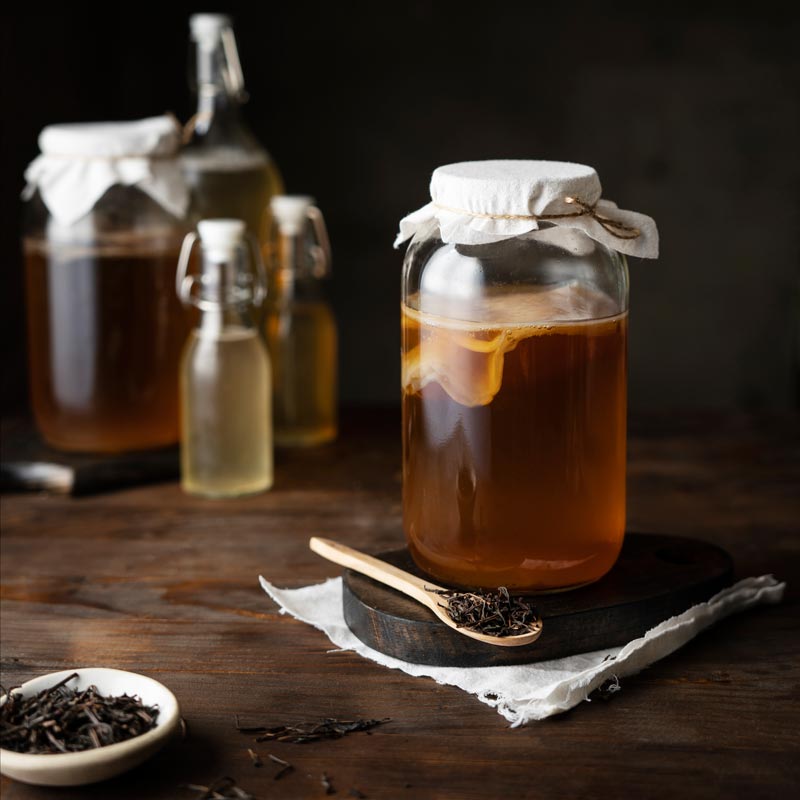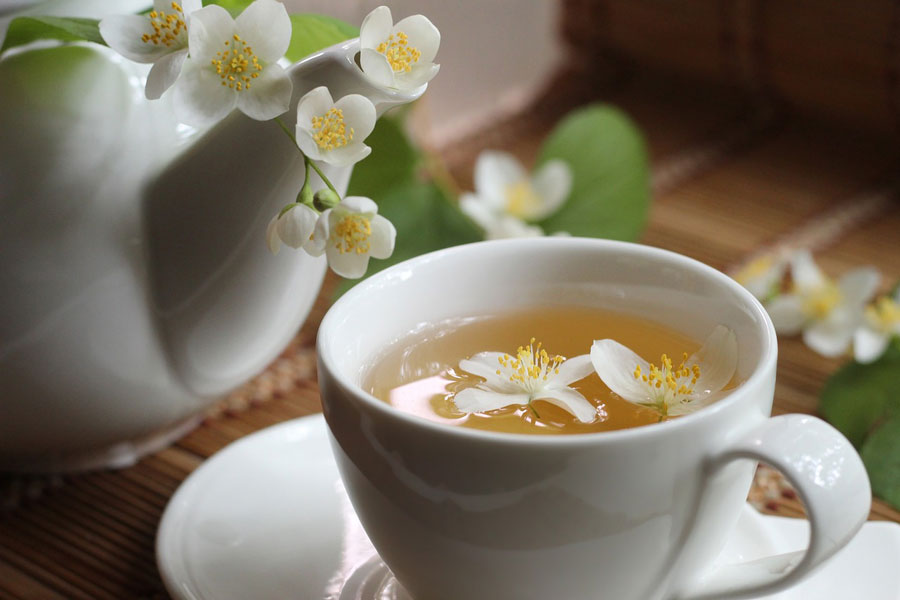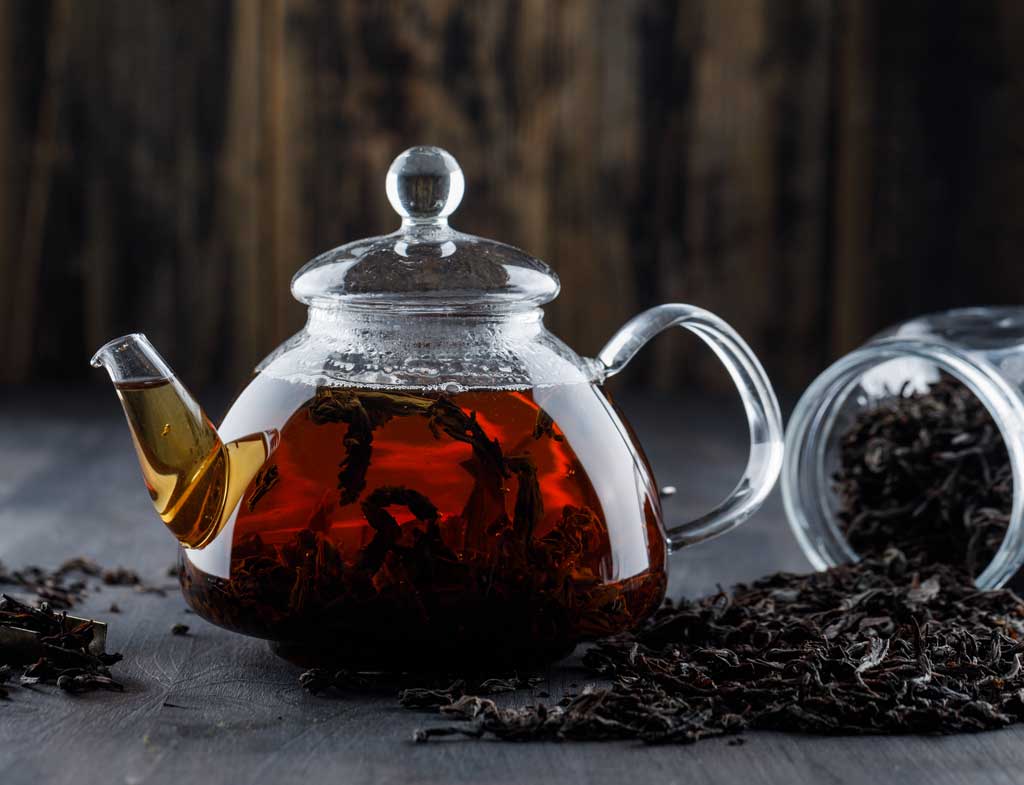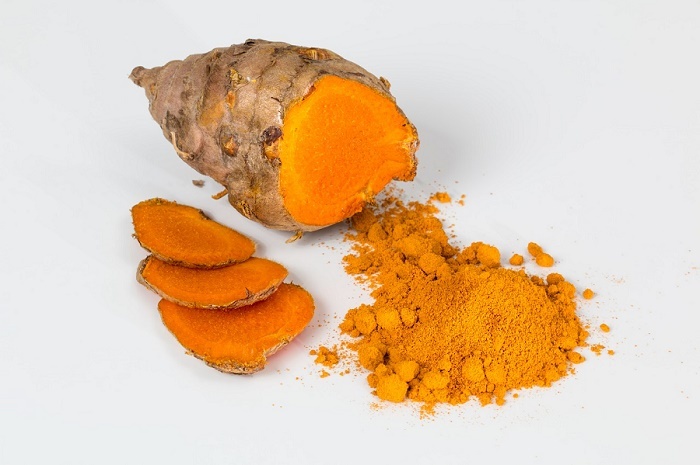The Start of a Journey
The number of independent small scale tea growers are on a rise in the northeastern states of India, particularly in Assam. Pabitra Bora of Asomi Tea Garden is one such tea planter native to the Chenijaan region of Jorhat, Assam. When he started out his small tea plantation business he was unintroduced to the world of organic tea. It was the year 2012. He had a plot of 5 ‘bighas’ of land and in it, he began his long-sought dream of starting his own tea plantation-the ‘Asomi Tea Garden’. For three years, he toiled hard, going by the contemporary methods of growing tea using pesticides and fertilizers to hon the soil and the tea shrubs. Little did he know though that there was a door waiting to be opened; a door that would lead him to a whole new world of organic farming.
As they say, where there is a will, there you will find your way. And there it was-his way. In the year 2015, Pabitra was introduced to Mahan Bora, a young farmer from the Meleng Kathgaon region of Jorhat. Mahan Bora is a name of good repute in the field of organic farming in Assam. He is the founder of the “Annapurna Seed Library”, a globally recognized library housing over 200 to 300 varieties of indigenous rice seeds in Assam. Since then he has risen to prominence and helped many a young farmer to acclimatize to the new ways of organic farming. It was he who introduced Pabitra to Peggy Carswell, another renowned name associated with organic cultivation in Assam. Peggy Carswell is the founder and coordinator of Fertile Grounds, a local non-profit organization based in Assam. They have been training hundreds of indigenous farmers and tea cultivators on the various methods of organic cultivation in the region since its inception in 2005.
A New Door
Peggy Carswell invited Pabitra to attend the annual meet of OSTGANE (The Organic Small Tea Growers Association of North East, India), an autonomous body that she is associated with. OSTGANE is working in the eight states of Northeast with the objective to uplift and enhance the organic tea sector of the region. There Pabitra met a number of organic tea growers and cultivators like Tenzing Bedosa, Dhiren Phukan, Rana Gogoi amongst few others who have been associated with organic farming for quite some years. Aided by their advice, expertise, and experience, he learned to prepare tea and organic fertilizers at home without the use of chemicals or any synthetic involvements and from then on there was no looking back. After three more years, The Tocklai Tea Research Institute, Jorhat certified the tea produced in his garden as organic.
A Typical Day in a Tea Growers Life
Another three years passed. It was the year 2018. Pabitra’s small Asomi tea garden, situated about three and a half kilometers from the highway in Jorhat’s Senijaan region was now thriving. A petite tea garden, located a little distance away from his house, it is dotted with tea shrubs and tea trees. Working with just five gardens staffs, Pabitra dedicates his day to the extremely tedious stages of physical labour involved in hand-made tea. A typical day for him starts with rising up before sunrise, especially during the plucking season that commences from the start of March, when it is the most suitable. Plucking is done mostly in the morning between five to ten O’clock when the sun is temperate and mild, and in the afternoon when the ground is shrouded by the shadows of the tall trees against the dying afternoon sun.
Processing of the tea leaves differs too, depending on what tea they are going to produce. The instance where the tea made is green tea, the process of steaming and rolling is done immediately after the leaves are plucked while in case of black tea production, the leaves are allowed to stand for a while. Like the leaves plucked in the afternoon are processed on the day after. Hustling along the earthen paths of his tea garden, he procures local grasses and weeds to experiment with organic manure which has so far yielded excellent results in his organic cultivation.
The Specialty of the Asomi Tea Garden
Apart from organic black tea and green tea, which is the staple of the “Asomi Tea Garden’, Pabitra Bora has been experimenting with the blending of tea leaves with varied varieties of Holy Basil (or Tulsi, as it is commonly known). He has also recently produced a blended variety of blue tea that involves an intended mixture of the leaves of Camilia Senesis (tea plant) with the Blue Pea plant. Amongst the other varieties of tea produced in his tea garden are Smoked green tea, Dheki tea, and Lemongrass green tea.
Journey with The Chayi
Pabitra’s association with The Chayi probably began in the year 2018 when he met Mr. Nayan J Kalita, the founder of the company. Mr. Kalita requested him for some tea samples from his garden. From then on, till today’s date, Pabitra has been collaborating with them, trusted as he is to provide the best varieties of organic tea.
Aspirations and the Way ahead
When I asked of his aspirations for his garden, he said that he has most certainly a long way to go. Bettering the quality of his tea is right now his top priority for which there is a lot of learning still to be done. He also wants to elevate production and ensure a better reach for his products in the national and international markets. With words that could gauge the enthusiasm of his spirit, he voiced his desire to make his garden into a tranquil tourist destination in the years to come. Visitors will not only be able to enjoy a comfortable respite away from the bustling city but can also obtain a first-hand witness to the making of organic tea. When I asked him if they could get a hands-on experience on plucking and molding the tea leaves the traditional way, he answered with what could only be a smile in his voice. “Why not!!,” he said.
